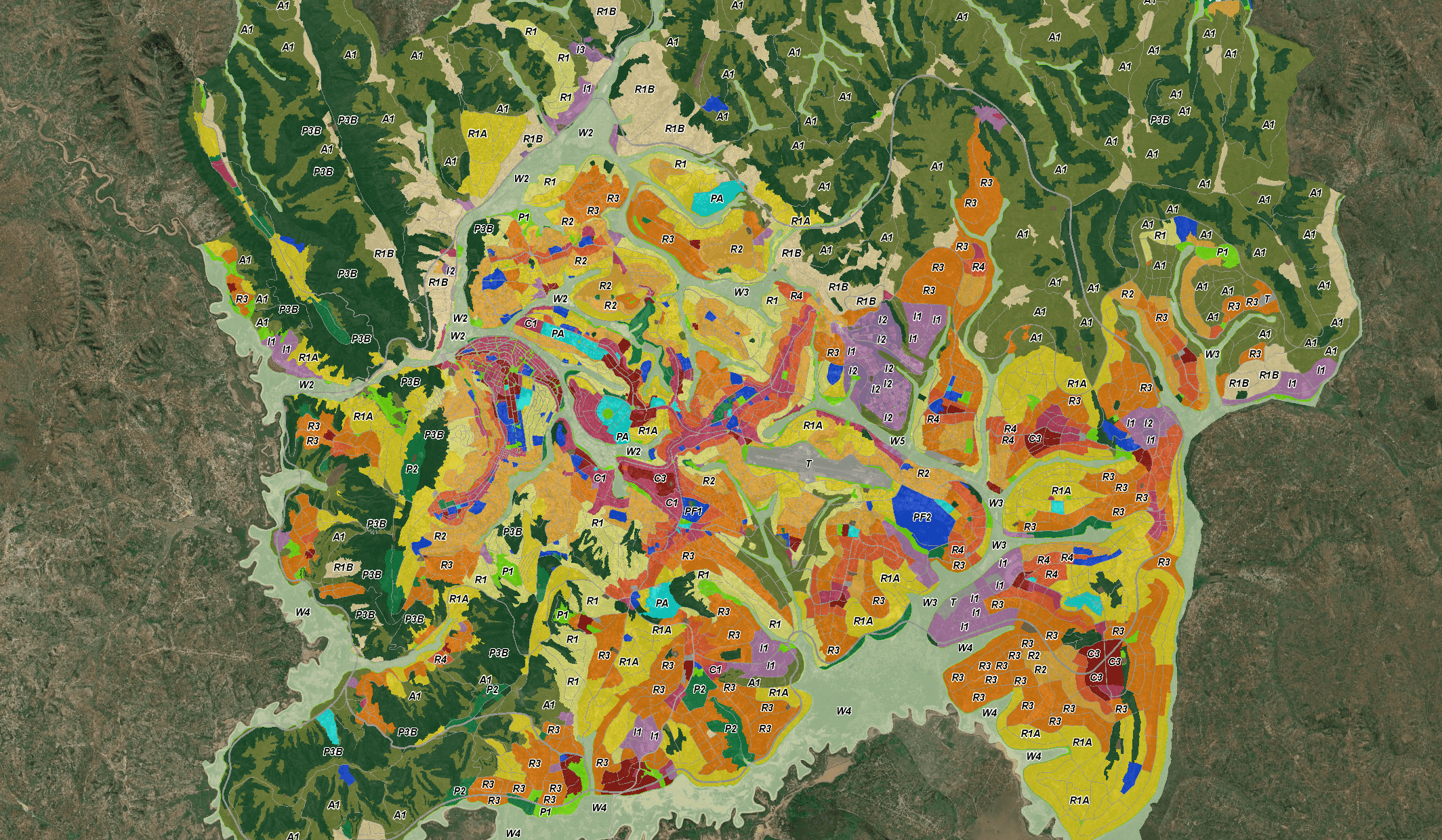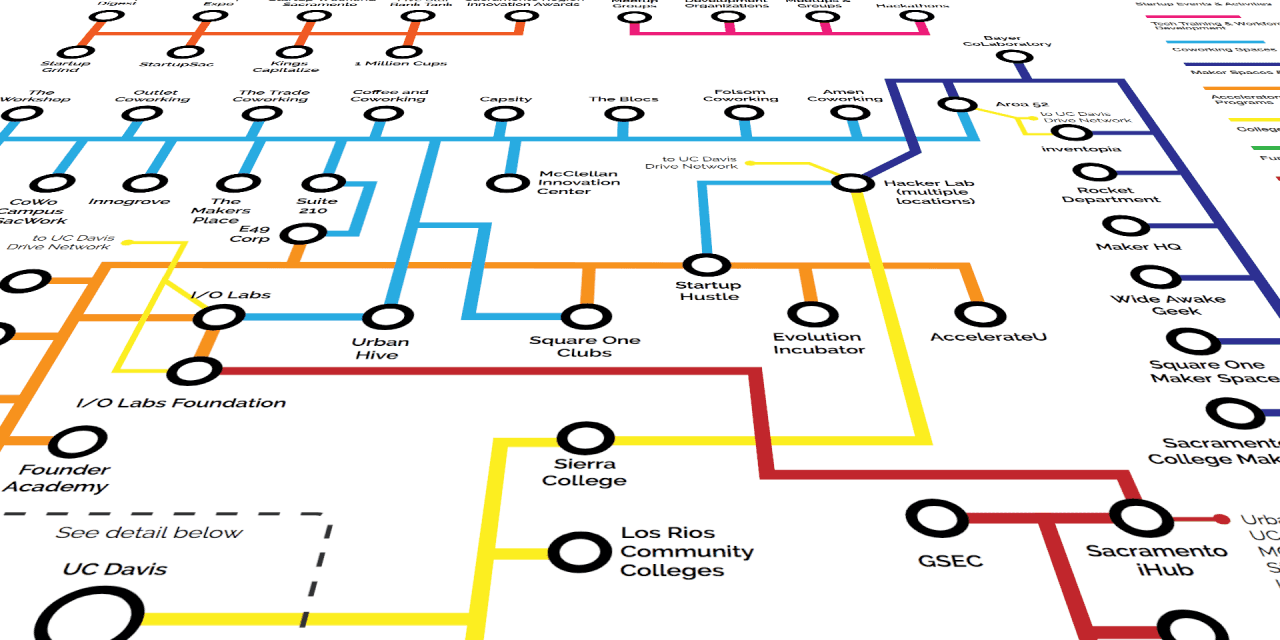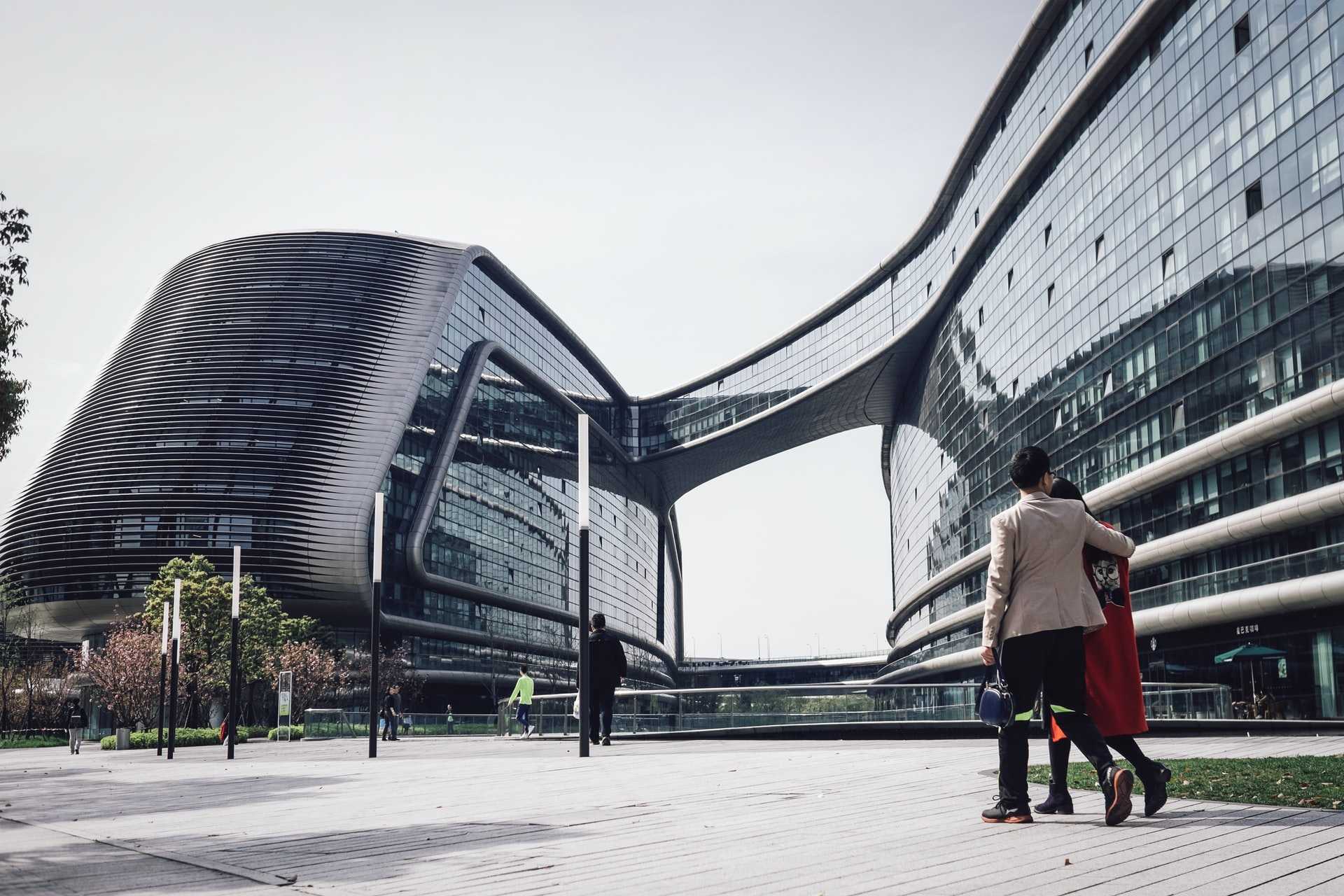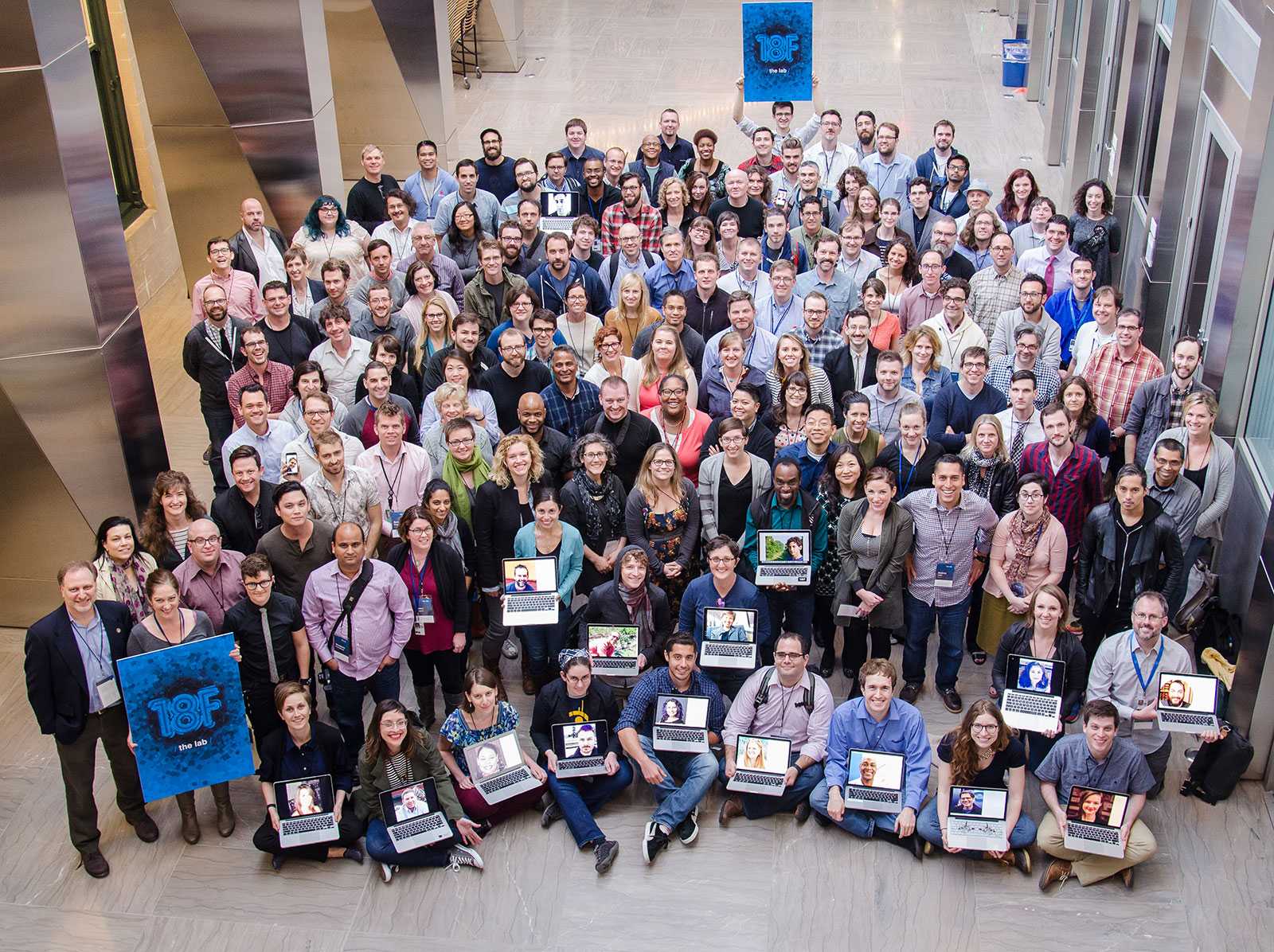
Urban Innovation Industrializes
Big business cracks the code of the city.
When Bill Gates released an open letter in February of 1976, accusing a nascent group of hobbyists of stealing BASIC, he helped define a schism in the emerging computer industry. Within a few years Microsoft would become the preferred software vendor for the IBM PC. The hobbyists laid the foundations for open source software and the Internet.
This tension between top-down and bottom-up, and between proprietary versus open, has had a powerful influence over the smart cities movement. Efforts to sell an operating system for the city—whether by enterprise experts like IBM, or consumer tech giants like Alphabet—have failed repeatedly.
But in the decade ahead, big tech will crack the code of the city and stitch together a planetary supply chain for urban innovation. A decade into the battle for the smart city, the industry is more attuned to public concerns of overreach, and governments have a clearer sense of the problems they want industry to solve. While there are no answers yet, the challenges to translating urban tech innovation from lab bench to street are clearer.
Global urban innovation isn't a done deal, however. The conflicts ahead may be even greater. As a new urban innovation industry takes shape, and big financial and political interests move in, much of the decisive action will play out within the high-stakes context of Sino-American geopolitical jockeying. Yet, already well ahead in establishing the public-private-citizen structures for investment and governance, Europe will give rise to some of the most sustainable models and ventures.
The 9 trends in this forecast are synthesized from 32 signals
Trends
Each forecast is built up from a collection of several trends. Think of trends like vectors. They call our attention to a single force acting along a path over time.
Impacts
How will this future shape what’s possible for key stakeholders in future cities? Use these broad insights on potential impacts as a starting point for thinking about your own. How might the trends driving this forecast impact you, your organization, and your community? What would you do differently if this future came to pass?

Sluggish standards
The splintering of the internet into American, Chinese, and European spheres of influence is likely to fragment future efforts to set standards. For urban tech, this could hamper innovation by slowing the rollout of key technologies and making large-scale integration more costly and complex.

Unleashing urbantech
Urban tech's many structural constraints—a need for strong ties to an agile local government, and complex challenges engaging with traditionally marginalized communities—mean old approaches to industry cultivation don't apply. Cities will need to find new approaches to making places where experimental ways of building, living, and governing can take place, while still producing results that can be transplanted and scaled widely.

Asset assessment
Urbantech is enabled by public-private partnerships that provide technology, capital, and talent that can be difficult or costly for cities to mobilize. But it is also a platform for further extending privatization deep into government. Cities need to evaluate these steps strategically, with special focus on how both tangible public assets like infrastructure and intangible assets like data are valued by private sector partners.
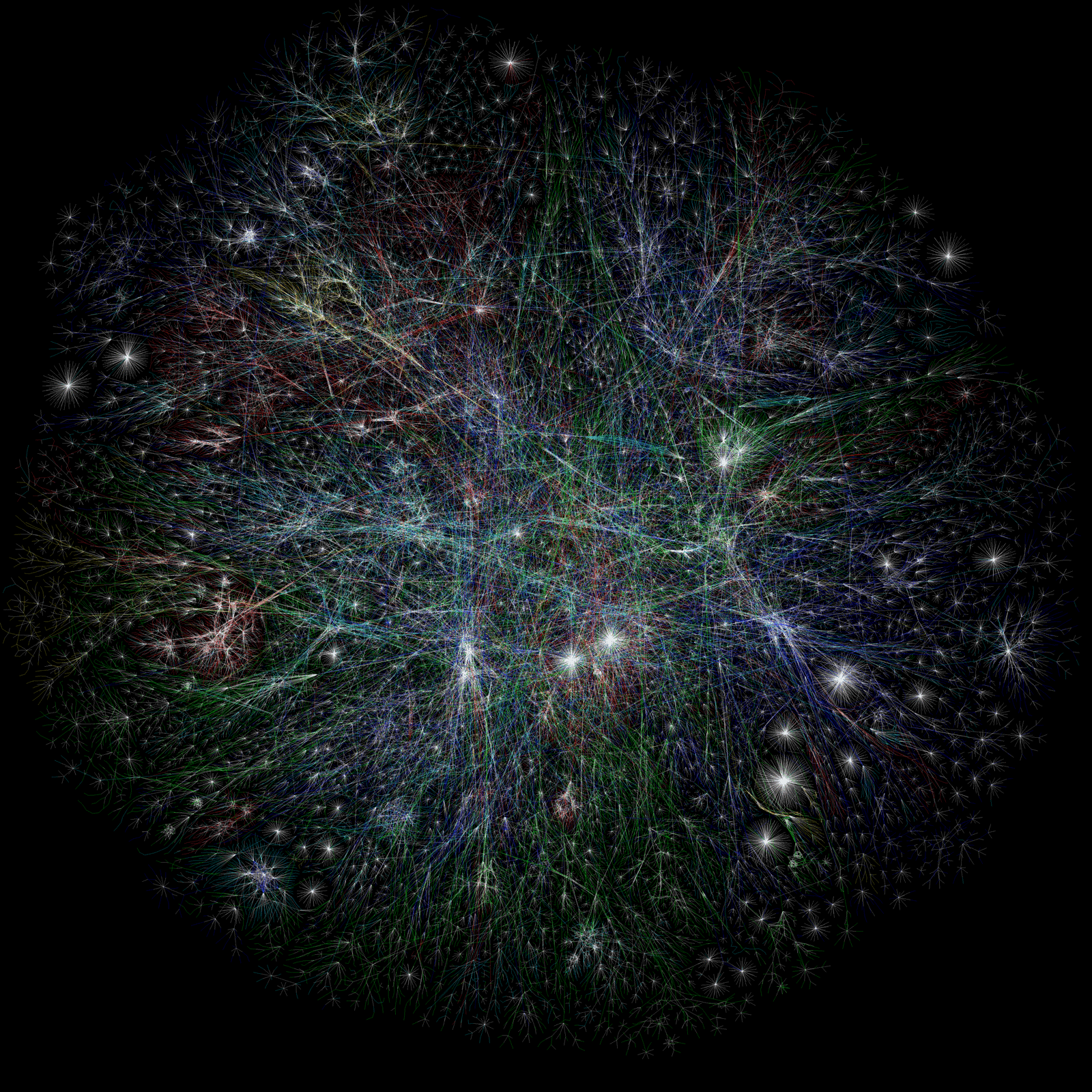
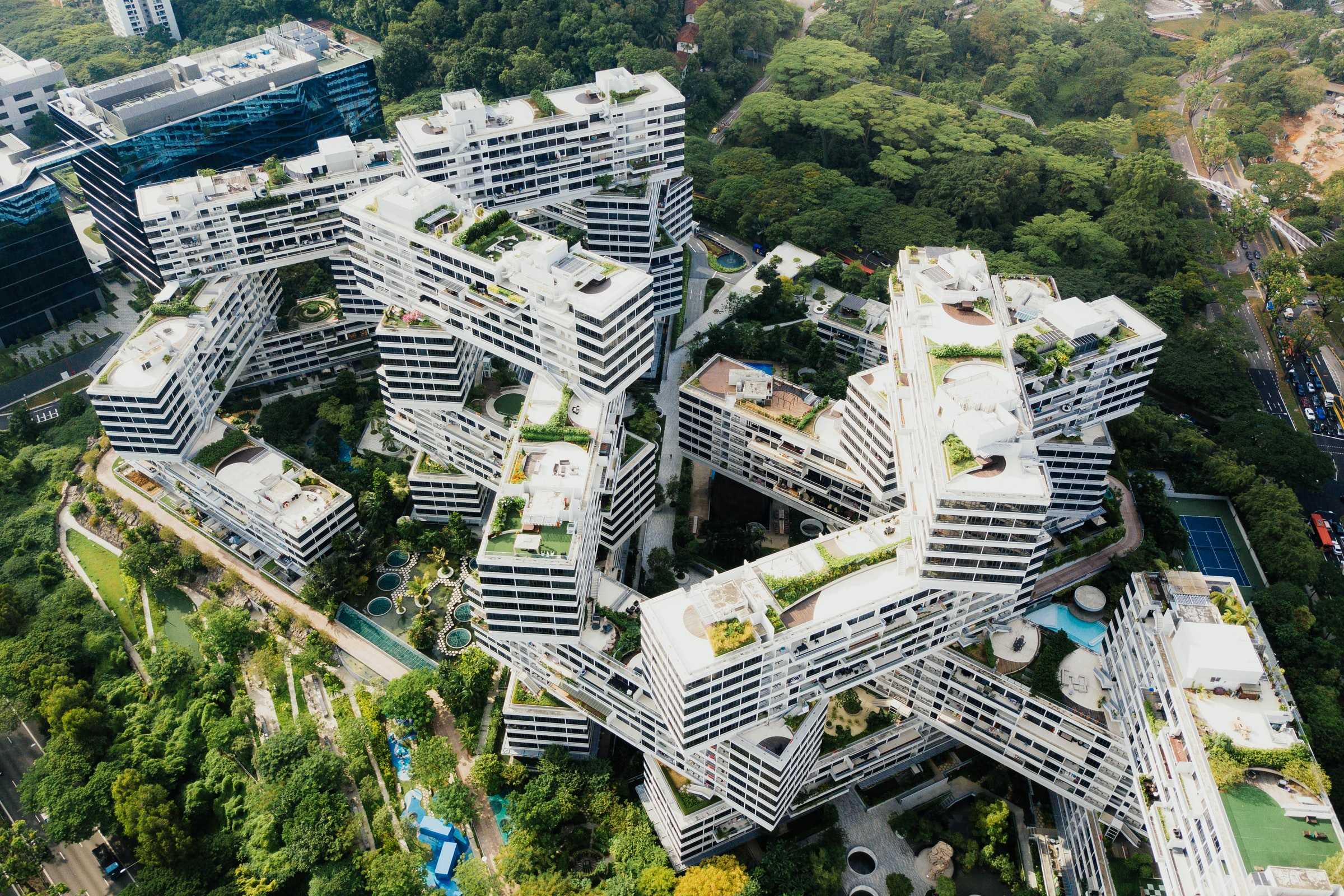
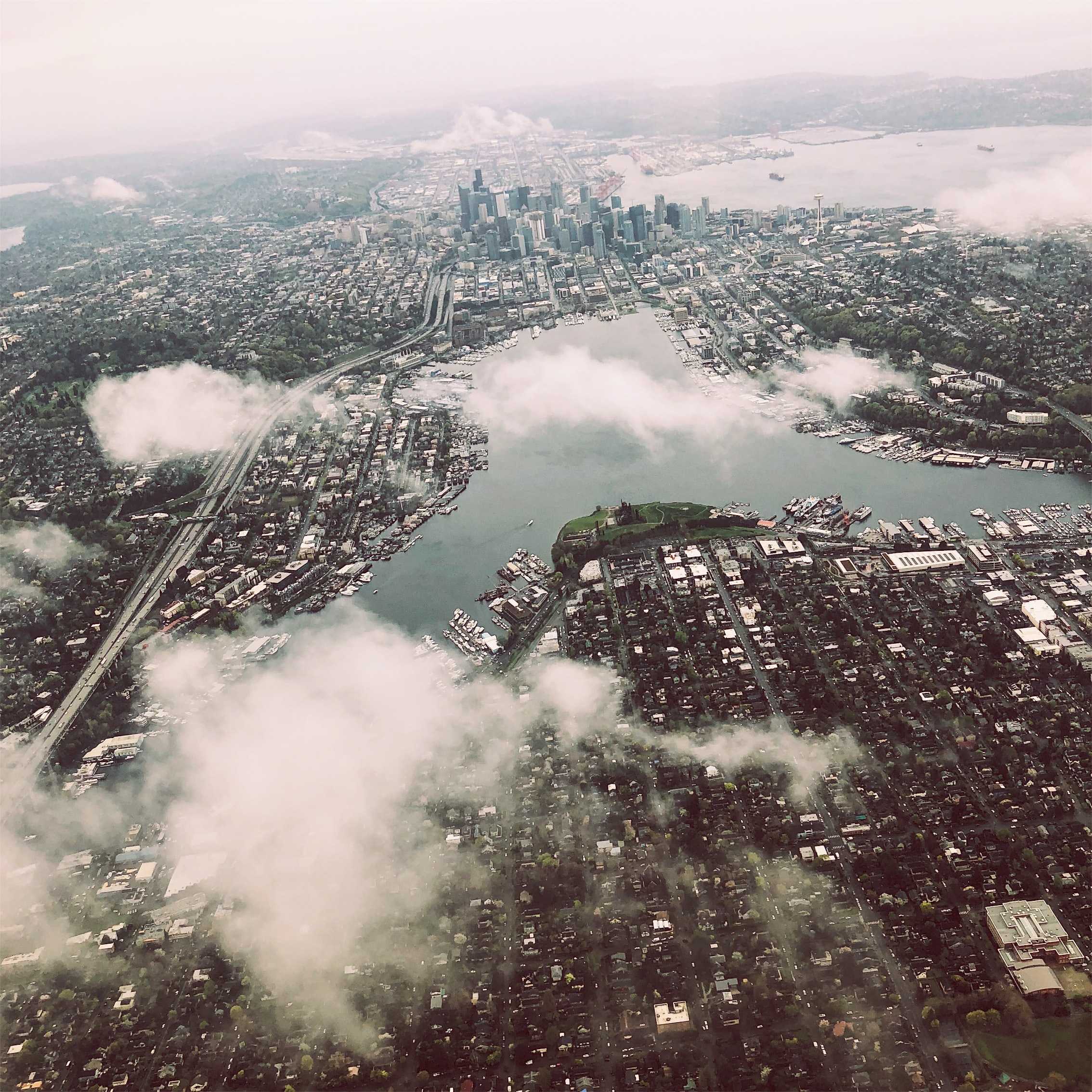

..png)

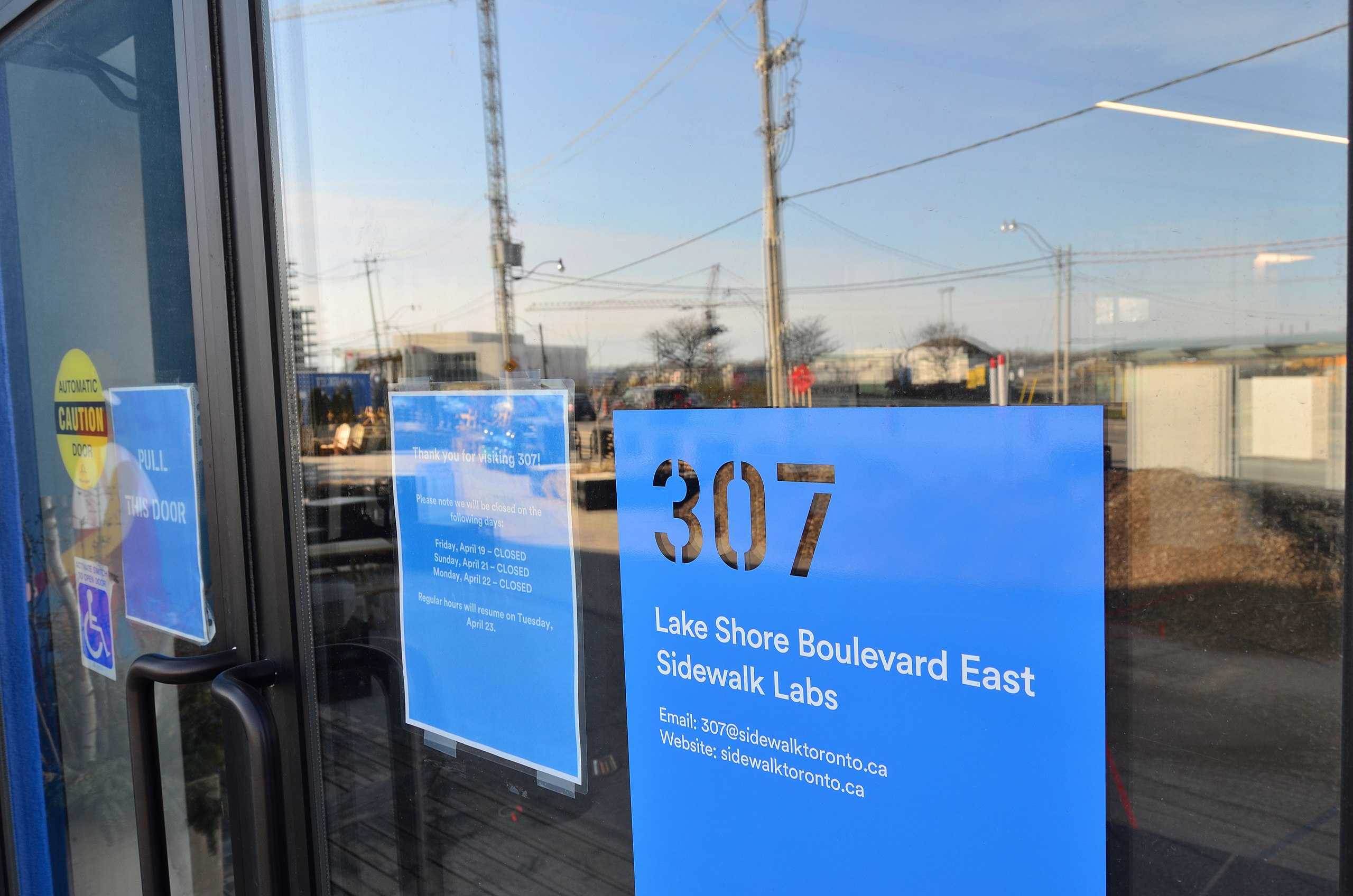
_-_LED_and_microphone_board-0548..jpg)
